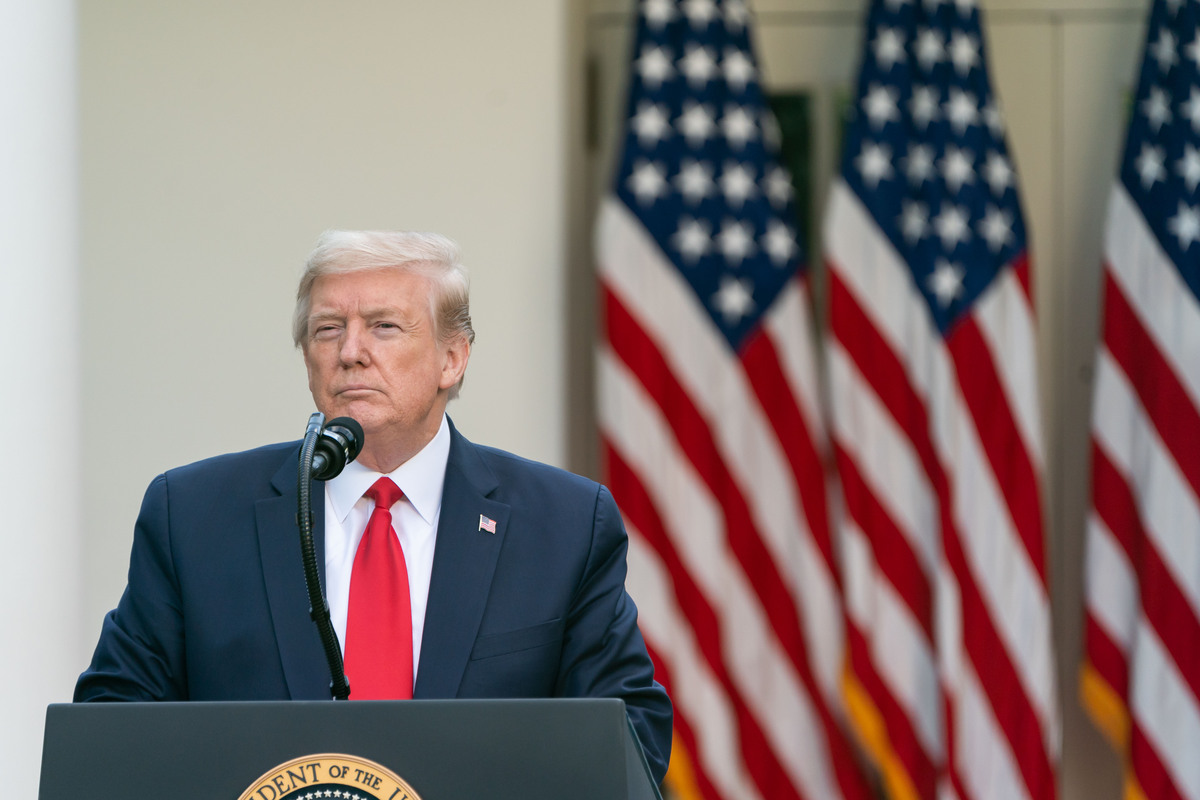In a response to the current COVID-19 pandemic, United States President Donald Trump issued an executive order that temporarily limits immigration into the U.S. for 60 days, according to TeleSUR.
The Trump administration is currently restricting foreign visitors from China, Europe, Canada and Mexico, and has paused processing for immigrants on non-workers visas due to office closures, according to Politico.
Al Jazeera reported the order temporarily blocks individuals outside the U.S. from obtaining permanent residency, known as the green card. The order was meant to protect American workers in this current economic fallout. In an index of state activity, labor markets are among the hardest hit by the virus-induced crisis.
“In order to protect our great American workers, I have just signed an executive order temporarily suspending immigration into the U.S.,” Trump said at a White House briefing.
Portland State student Nolan Bylenga, who is currently a Democratic candidate for state representative, said, “To me, it seems like the president is attempting to be consistent with his handling of COVID-19…I think we also need to remember that we really are in unprecedented times right now.”
“Unemployment is skyrocketing to levels we’ve only seen during the Great Depression, with some weeks averaging around 6–7 million people losing their jobs and businesses,” Bylenga said. “Immigration is a backbone to American society, and I don’t agree with any prolonged or extended period of banning it.”
Workers in swing states—key presidential battlegrounds such as Pennsylvania, Arizona, Florida and Michigan—have been most affected by the pandemic since March. Other states that also face big economic declines like Colorado, Ohio and Virginia demanded governors reopen schools and businesses.
“Right now, we have a very powerful immigration ban, but it may be modified, meaning made tougher or made less tough,” Trump said on March 29.
TeleSUR reported the order reflected an extraordinary use of power, which has previously been used to impose travel restrictions on a group of nations and regions.
The order has resulted in backlash, such as protests abroad and in U.S. airports. Throughout Trump’s presidency, he has maintained and strengthened the stance on immigration and border security. Some of those stances are considered as controversial, such as erecting the infamous border wall in Mexico.
According to Al Jazeera, other controversial policies, such as the Muslim ban which suspended the entry of travelers and immigrants from several majority Muslim countries, raised security concerns. Federal judges blocked several iterations of that ban—however, the U.S. Supreme Court upheld a reworked version.
The current executive order, however, would not affect foreigners who are already in the country, specifically those on non-immigrant visas such as tourists and business travelers. Workers on H-1B and EB-5 visas which would serve “national interest” or “combat the new coronaviruses” will not be affected, according to Al Jazeera.
